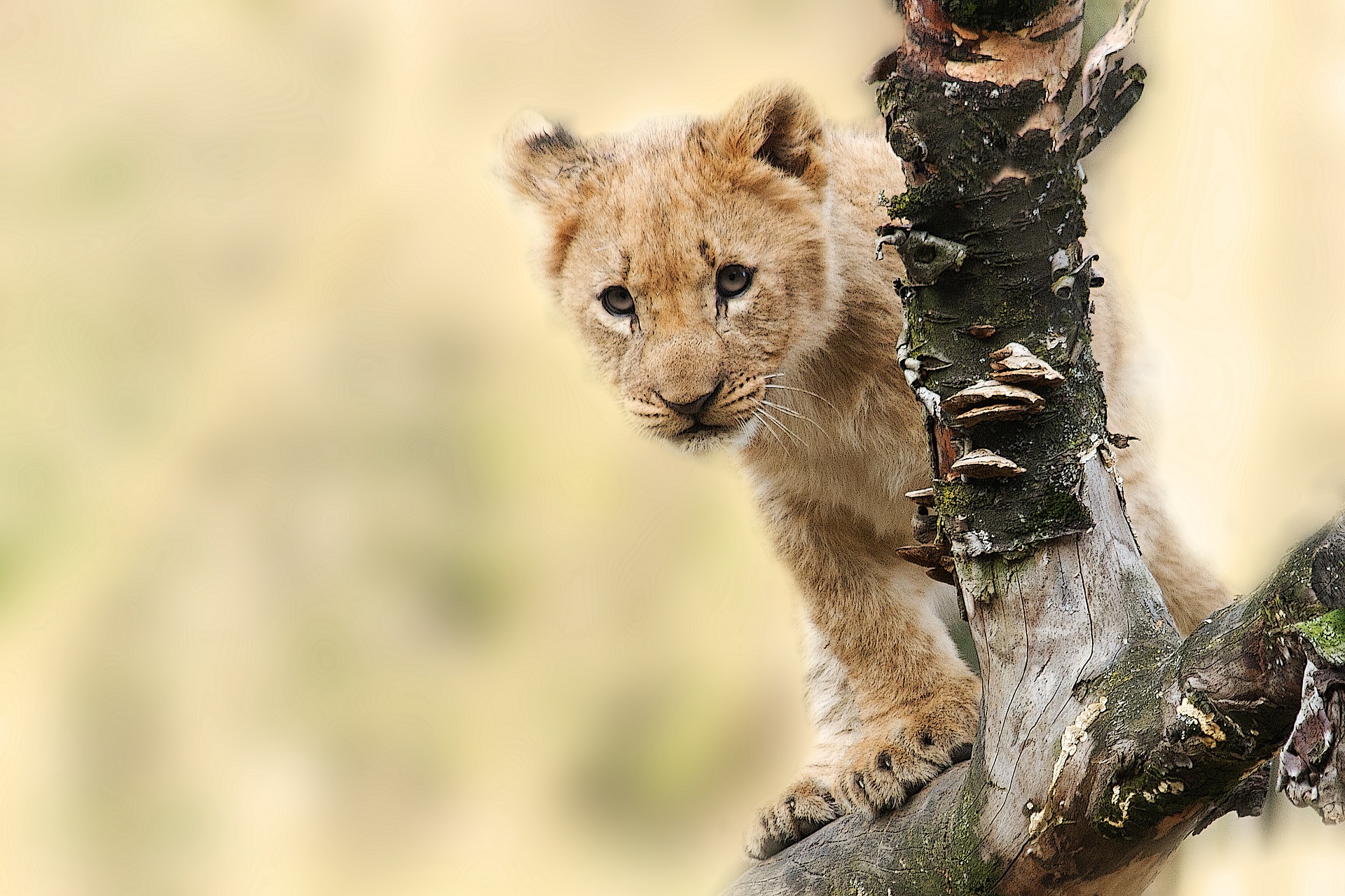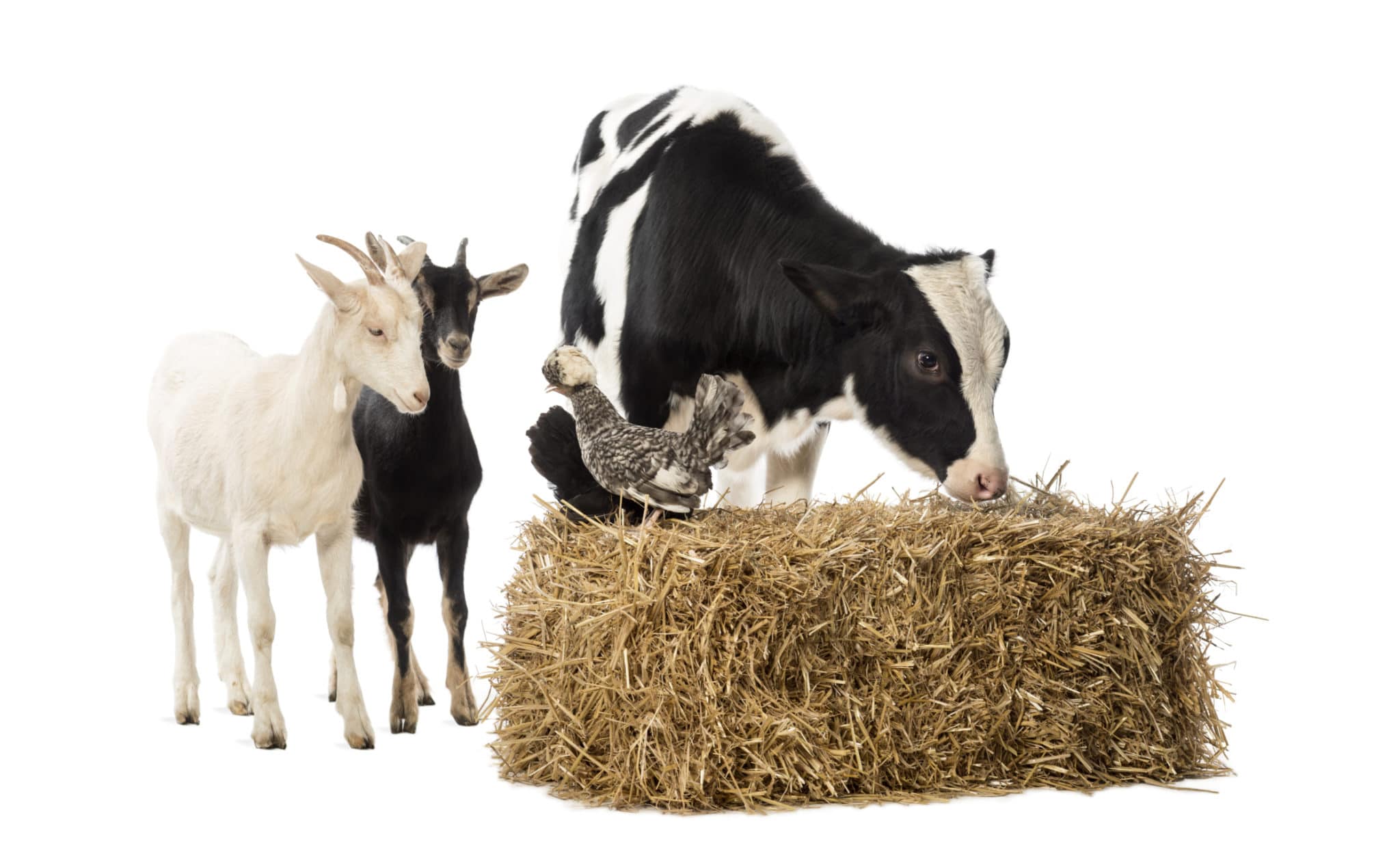All who walk on their paws among the four-legged animals, those are unclean for you
Leviticus 11:27
For example, the dog, the bear and the cat
Rashi, ibid.
Chassidic teaching speaks of an equally critical need for spiritual shoes—for a shield between the person and the “earth.” To walk barefoot through life—to allow full, unmitigated contact between oneself and the mundanity and materiality of our world—is deleterious to our mission and role as a “holy people” whose lives are driven by higher, loftier aspirations.
(On the other hand, we invite and insist upon uninhibited contact with “holy ground”—with those areas and aspects of the material world which openly display their divine source and purpose. Thus, when G-d appeared to Moses in the burning bush, He instructed: “Remove your shoes from your feet, for the place on which you stand is holy ground.”[3] By the same token, the kohanim serving in the Holy Temple went barefoot; in fact, a service performed by a kohen with even the slightest barrier between his feet and the ground was invalid.[4])
The Torah’s repudiation of barefootedness extends to the animal kingdom as well: only hoofed animals are kosher, “fit” for consumption for the Jew. Animals who “walk on their paws” with no “shoe” between the soles of their feet and the ground are excluded from our diet, for this anatomical feature reflects a nature and characteristic we should avoid ingesting into ourselves.[5]
The Dog, the Bear and the Cat
The Zohar tells us that “There are three [internal] governors [in man]: the brain, the heart and the liver.”[6] The brain is the seat of the intellect; the heart, of the emotions and character; and the liver, the most complex and important of the metabolic organs, represents the physical self.[7]
Of the thousands of species of animals who “walk on their paws,” Rashi cites three examples: the dog, the bear and the cat. For just as there are three basic dimensions to man, so there are three basic types of materiality—intellectual materiality, emotional materiality and physical materiality—represented by these three hoofless beasts.
“Acknowledging one’s master” in the spiritual sense is to possess an awareness of G-d and an appreciation of His mastery over us. The “cat” represents one who is deficient in this area. His heart may be noble and refined; but his mind is a material mind, consumed with material thoughts and the indiscriminate acceptance of the material conceptions of reality.
The “dog,” on the other hand, “acknowledges his master”—his mind is in the right place. His “hooflessness” is expressed in the baseness of his character and emotions. It is in this area that he fails to erect any defenses against the materiality of the earth.
Then there is the barefoot creature whose materiality is of the purely physical sort. His is not an intellectual deficiency or an emotional weakness, but a simple hedonism. Lacking “hooves” between his physical self and material earth, he indulges his physical drives without restraint. He is, in the words of the Talmud, one of those “who eat and drink like a bear, are swaddled with flesh like a bear… and are restless as a bear.”[11]
Split Hooves
For the purpose of life on earth is not to escape its materiality, but to sanctify it. So while unmitigated contact with the earth makes for a non-kosher creature, so does the absence of any contact whatsoever.
Both extremes are unacceptable. There must be a certain element of distance and aloofness in our earthly involvements, lest we become enslaved by that which we have come to master. But involvement there must be, for developing the physical world into a “home for G-d” is the essence of our mission in life.
Based on an undated entry in the Rebbe’s journal and on a talk delivered on Av 29, 5710 (August 12, 1950)[12].
_______________________________________________
[1]. Talmud, Shabbat 129a.
[2]. Ibid., Pesachim 113b.
[3]. Exodus 3:5.
[4]. Mishneh Torah, Laws Regarding Entry Into the Sanctuary 5:17.
[5]. Cf. Nachmanides on Leviticus 11:12.
[6]. Zohar, part II, 153a.
[7]. Thus a melech (“king”) is one in whom the moach (brain) wields the highest authority, the lev (heart) is second in command, and both have priority over the caved (liver); (melech is an acronym for moach, lev, caved, in that order). This hierarchy of priorities is also reflected in the vertical stance of the human body, which places the brain as the highest (also in the literal, spatial sense) of the body’s organs, the heart below the brain, and the liver below them both. In contrast, in a four-legged animal’s body, the three are on the same plane. (Thus, a person is “acting like an animal” when his mind does not exercise its authority over his heart, and his thoughts and feelings have no influence upon his physical life.)
[8]. Talmud, Horiot 13a.
[9]. Ibid., Eruvin 100b.
[10]. Isaiah 55:11; Talmud, Beitzah 25b; Me’orei Ohr, s.v. kelev.
[11]. Talmud, Avodah Zarah 2b.
[12]. Reshimot #39, p. 10; Likkutei Sichot, vol. I, pp. 223-225.








IN REVERSE – WHEN A MAN THINKS WITH HIS ORGANS FIRST – CAVED
HIS HEART WILL FOLLOW – LEV
HIS BRAIN NOT LEADING – MOACH
WE HAVE CALEM – OR SHAME,EMBARRASSMENT AND DEATH